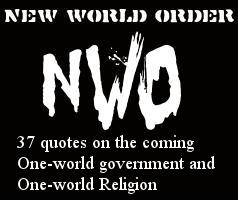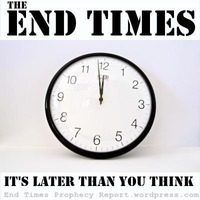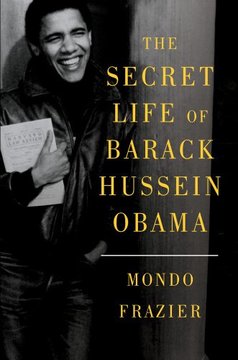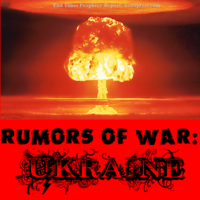
Benazir Bhutto was released from house arrest, but it will likely do nothing to quiet the voices shouting for the Musharraf government to pack up and leave.
Bhutto was briefly placed under house arrest and the stories of outrage from Internet pundits were legion. It remains to be seen if as many stories are written about the release. Using the short quarantine as another opportunity to bash the Musharraf's government, many commentators leaped at the chance.
More on another opportunity from CNN:
A house arrest order for Pakistani opposition leader Benazir Bhutto has been lifted, police sources told CNN Friday, bringing to an end a day-long standoff between the former Pakistani prime minister and security forces.Amid the many curses heaped upon the head of President Musharraf during the state of emergency, one tries to remember where this story has been seen before.
Hundreds of police who had lined up outside her home Friday left after the order was withdrawn. A smaller number of police who had previously been outside her home providing security remained.
The lifting of the order came as Pakistan suffered its first deadly blast since a declaration of emergency by President Gen. Pervez Musharraf.
The attack, possibly a suicide bomb, at the house of Amir Muqam, Minister for Political Affairs in Peshawar, northwestern Pakistan killed four people Friday, police told CNN. The minister escaped unharmed.
Earlier Friday Washington had called for restrictions on Bhutto to be lifted. Gordon Johndroe, spokesman for the White House's National Security Council, said: "Former Prime Minister Bhutto and other political party members must be permitted freedom of movement and all protesters released. It is crucial for Pakistan's future that moderate political forces work together to bring Pakistan back on the path to democracy."
A Middle Eastern country is ruled by a autocratic figure, but has many democratic features and the people enjoy many freedoms. Unrest occurs and the ruler cracks down to maintain order. Forces purporting to work for democracy link hands with those working to instill an Islamic state. U.S. media and government types advise that the leader "must be moderate".
The leader then, caught between increasing public disorder and U.S. calls to be a force for democracy while restraining undemocratic elements, loses control and leaves. The democratic forces working for his ouster then quickly lose control to their one-time comrades, the Islamist faction.
Pakistan in 2007 is not the United States. Neither was Iran in 1979.
by Mondoreb
[image:CNN]






























No comments:
Post a Comment
Leave your name/nic.
We've changed the comments section to allow non-registered users to comment.
We'll continue like that until it's being abused.
We reserve the right to delete all abusive or otherwise inappropriate comments.